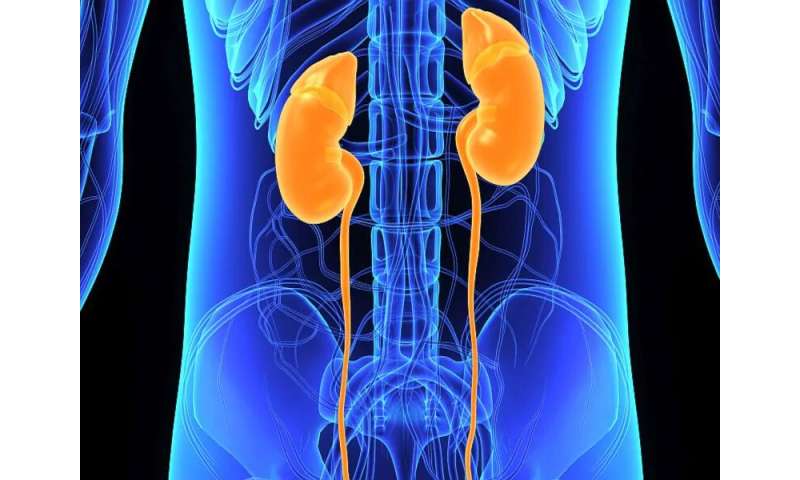

Patients receiving checkpoint inhibitor therapy often have acute kidney injury (AKI), according to a study published online Oct. 31 in the Clinical Journal of the American Society of Nephrology.
Harish Seethapathy, M.B.B.S., from Massachusetts General Hospital in Boston, and colleagues examined the frequency, severity, etiology, and predictors of AKI among patients receiving checkpoint inhibitor therapy from May 2011 to December 2016. Data were included for 1,016 patients (average age, 63 years).
The researchers found that overall, 17 percent of patients receiving checkpoint inhibitor therapy experienced AKI, defined by an increase in creatinine at least 1.5 times baseline within 12 months; 8 and 3 percent experienced sustained AKI (lasting at least three days) and had potential checkpoint inhibitor-related AKI, respectively. On average, the first episode of sustained AKI occurred 106 days after the initiation of checkpoint inhibitor therapy. Two percent of patients experienced stage 3 sustained AKI and four patients needed dialysis. An association was observed for proton pump inhibitor use at baseline with sustained AKI.
“Nephrologists must be aware of the high frequency of sustained AKI after checkpoint inhibitor therapy and the chances that such events are checkpoint inhibitor-related,” the authors write. “Accurately diagnosing these events, including the use of kidney biopsy when needed, will help ensure appropriate management of patients with AKI after checkpoint inhibitor administration.”
Source: Read Full Article